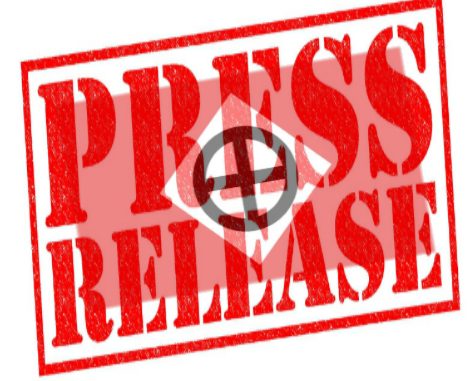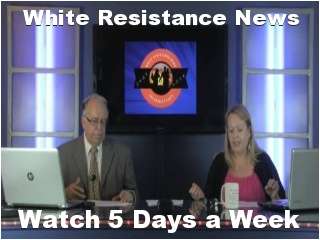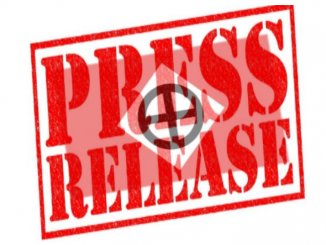
A good idea? I think so. On Friday, August 15. 2025, The Federalist published an article headlined, “The U.S. Supreme Court declined a request to block Mississippi’s social media age-verification law from going into effect (for now).”
In a two-page order, the high court rejected a motion from NetChoice — an internet trade association — to “reinstate a lower court’s order protecting social media giants like Meta, X and YouTube from the new requirements,” according to a local Fox affiliate. The order did not list any dissents among the justices.
According to the left-wing SCOTUSblog, the law in question “imposes a variety of requirements on both young people and social media sites,” including parental consent for minors to create an account on the intended social media site. Under the statute, social media companies must further verify the ages of those creating accounts and “create a strategy to protect young people from being exposed to harmful material and content that promotes self-harm, bullying, and substance abuse, among other behaviors.”
Violators of the law could face “up to $10,000 per violation, and criminal penalties may also be imposed,” according to the outlet.
NetChoice reportedly filed its application with the Supreme Court after the 5th Circuit Court of Appeals lifted a district judge’s blockade on the Mississippi statute. The group argued that it would suffer “immediate, irreparable” harm should the law be permitted to take effect.
Mississippi Attorney General Lynn Fitch subsequently filed a separate motion asking the justices to reject the group’s request.
While the Supreme Court did not offer an explanation for denying NetChoice’s application, Associate Justice Brett Kavanaugh authored a concurring opinion on the matter.
“The internet can be a very dangerous thing”. said Thomas Robb, National Director of the Knights Party of the Ku Klux Klan, centrally based in Harrison, Arkansas. “The ease of finding information on just about any subject you can think of was made almost too easy with the invention of the internet. When it first came out, folks though this new technology would propel us into the future, and in a way it sure did. But, now a my lose a few younger friends when I say this, I believe there should be an age limit. There are age limits for other dangerous things such as smoking, buying alcohol, etc. The internet is just as dangerous. There are millions of bad actors on there that would love to corrupt your children. Even as a parent, you may set your own rules limiting what your children can access on the internet, but do you seriously think some children will obey you? You may even block out certain websites, but again, do you think your child can’t get around that? You may be doing your part in protecting them, but what about their friends parents? Your child could get into a lot of trouble on a friends uncensored access to the internet. What about the public library’s internet, or many businesses that have open access to the internet. All your child has to do is find a local business with an unlocked internet connection and they can sit outside and connect to it. Now I’m not saying everyone has bad children, but you can have a very well behaved child, and a scammer, a homosexual, and other assorted predators still have access to your child, and children are innocent and easily manipulated. While the internet is a very good tool to have, remember, it can be a very dark and dangerous tool as well. So yes, for those reasons, I agree that there should be age limits on internet access”.




